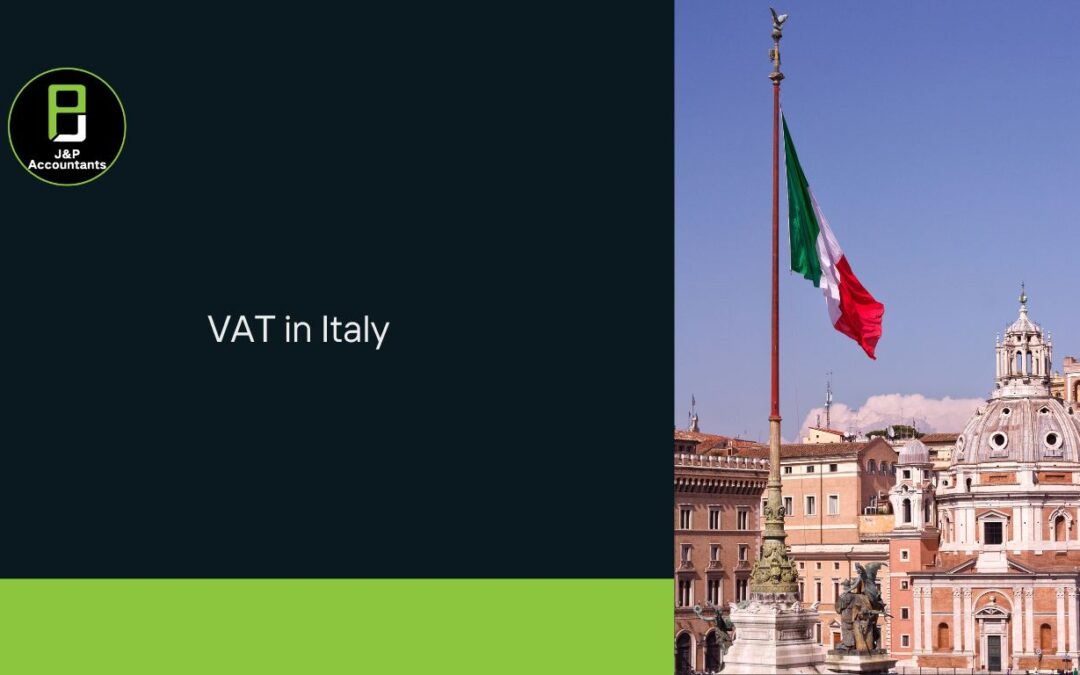In the e-commerce field, the importance of Value Added Tax (VAT) in Italy is self-evident.
For e-commerce operations within Italy, understanding and adhering to VAT regulations are crucial as they directly impact product pricing, cross-border transactions, and customer relationships.
If you plan to expand your business into Italy, it’s essential to comply with local tax regulations.
VAT in Italy
Value Added Tax (VAT) in Italy is a consumption tax applicable to goods and services sold within the country.
Its rates vary based on the classification of goods or services and generally include standard rates, reduced rates, and super reduced rates.
Cross-border e-commerce especially needs to accurately calculate and collect VAT, clearly state the tax amount on sales invoices, report regularly, and pay taxes.
Furthermore, if an e-commerce business’s total sales in Italy exceed a certain threshold, registration and taxation in Italy are also required.
VAT Registration in Italy
Your business must register for VAT if it meets the following conditions:
- Non-Italian businesses must register for VAT.
- Businesses with a fixed establishment in Italy: If a business has actual operating locations in Italy, such as offices, factories, or retail stores, it needs to register for Italian VAT.
- Cross-border sales: For goods or services sold from outside Italy to inside Italy, if the sales exceed a certain threshold, VAT registration in Italy is required.
- E-commerce businesses: According to EU VAT regulations, for goods and services sold within the EU, if an e-commerce business’s sales exceed specific thresholds, VAT registration in Italy is necessary.
- Remote sales within the EU: Refers to the sale of goods or services from one EU member state to another. If sales exceed specific thresholds within the EU, VAT registration in the target country is required.
If you are unsure whether you need to register for VAT and the registration thresholds, please consult our team.
VAT Rates in Italy
Type |
Rate |
Items |
|---|---|---|
| Standard rate | 22% | Applies to most goods and services. |
| Reduced rate | 10% | Some food, water; transport industry; construction industry; hotel accommodation; restaurants; and wastewater treatment, etc. |
| Reduced rate | 5% | Some specified food items; social services, etc. |
| Reduced rate | 4% | Some specified food items; specific books; social housing; construction work, etc. |
| Exempt | 0% | Tax-exempt imported goods; international transportation. |
What's Next?
Once you confirm your business needs to register for VAT, you need to determine whether your business requires a fiscal representative.
Generally, non-EU businesses selling in Italy require the assistance of a fiscal representative for registration and returns.
Once your business obtains a VAT number, strict compliance with tax regulations is necessary.
Additionally, you need to retain all sales data and submit VAT returns within specified timeframes.


